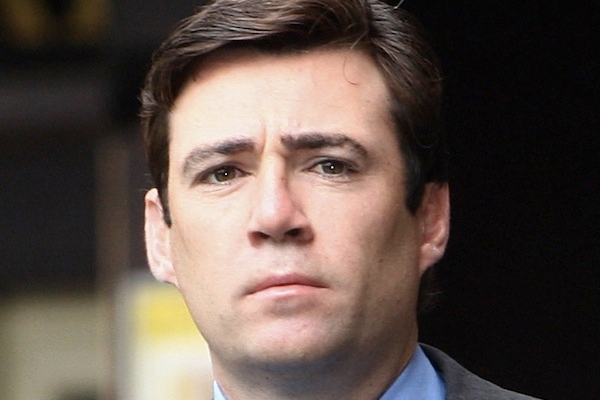Alan Johnson and Stephen Dorrell have just conducted an impressively reasoned debate on the NHS on Radio 4. This was all the more impressive given both their parties have boxed themselves into corners on NHS care scandals, from which they will continue to lash out today at the last PMQs of the summer. Whether or not Andy Burnham bears responsibility for the hospital failings detailed yesterday, his circumstances significantly constrained his ability to scrutinise the policies the government announced. Because he is in the extremely uncomfortable position of shadowing the brief he held in government, Burnham spent more time defending his own record than he did anything else. And his anger won’t have discouraged the Tories from carrying out further attacks in the future: he may well be furious because he thinks this has nothing to do with him, but the rage also makes him look shifty. His protestations are helping the Conservatives spread the ‘you can’t trust Labour’ line because he and the party have had to try so hard to defend their reputation that they have unwittingly but necessarily given force to the allegations.
Meanwhile, the Conservatives had managed to brief a report that would reveal horrors on the scale of those found at Stafford Hospital. The Keogh report was very clear that none of those 14 hospitals inspected, not even the three that escaped special measures, had a clean bill of health, and that there were a number of occasions when the review team shut down operating theatres, insisted on better staffing levels and improvements to out of hours services. There were serious failings at all the hospitals involved. Inspectors had serious concerns about the number of never events, about the way ‘do not attempt resuscitation’ forms were completed, and about patients being left unmonitored in corridors. As with Mid-Staffs, relatives were left to feed and clean patients. It is astonishing that the public sector has been allowed to get away with such failings.
But the pre-report briefing, combined with the confusion over that ‘13,000 deaths’ figure, made those findings seem less explosive than everyone expected. This isn’t to say that the findings weren’t terrible, or that they didn’t represent a dark day for the health service. They did. The most shocking thing the report revealed was that the NHS is in an unholy mess. But in the same way as a storm feels less devastating if it only destroys one house in the neighbourhood when everyone was told to expect to lose everything, the Keogh review uncovered terrible failings, but not 13,000 people definitely killed by the NHS. But if the Tories turned the volume too high to begin with, some Labourites are making the opposite mistake of trying to dismiss yesterday’s findings based on that 13,000 calculation being meaningless. There are patients who did die, and others who suffered needlessly. And Andy Burnham is desperate to show he took complaints seriously: this will be undermined if his colleagues try to suggest that Keogh’s findings weren’t that bad after all.
Perhaps details are less relevant in the middle of a bloody tussle for the moral high ground. Labour is horrified that the Conservatives think they can take the moral high ground, and the party is even more horrified that what the Tories are saying appears to have resonance. Burnham and colleagues still seem preoccupied with repeating the ‘we love our NHS’ line and praising the producers, while Hunt is a man on a mission to talk about patients. Neither party will allow a score draw: the NHS is too electorally important.







Comments